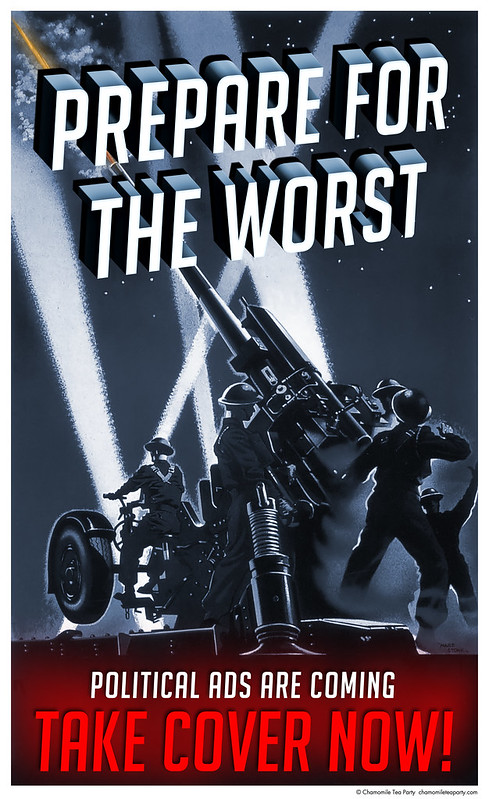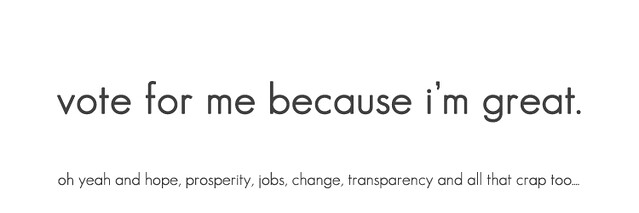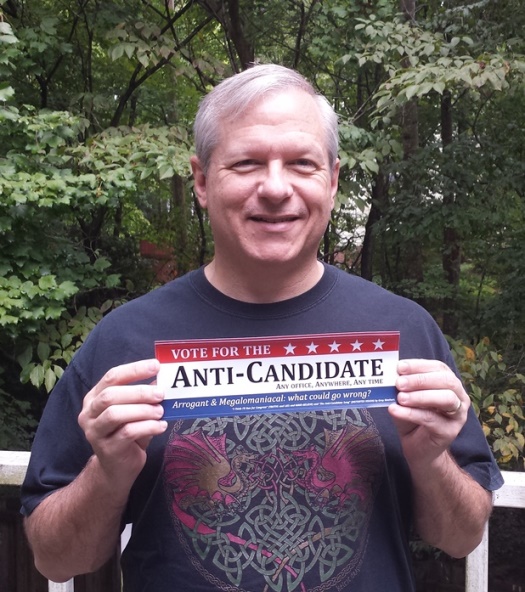Before we go too far, did you hear that the Russians test launched some ICBMs a week ago Sunday?
Now, to the subject at hand:
Imagine you own a business. Not a big, multi-national conglomerate, just a moderate-sized manufacturing firm. You make a product that is useful, if not actually important, and you make it pretty well. You’re doing okay, even with the tightening money supply caused by so many risky loans that lenders are worried won’t be paid back. You’ve cut back some, but you’ve avoided the worst of the difficulty. You’re still taking care of your customers, your employees, and your investors.
Imagine also that your business’s main competition is with a bigger, more powerful firm. They control more of the market than you, and they’re no sleeping giant — they put a lot of their profits into R&D and are pushing the frontiers of your industry. You feel really good when you beat them at the game you’re both playing, but you wonder sometimes if you can continue to compete against them.
Now imagine that their CEO has announced that he’s stepping down, and your friend on their board — everyone in your industry knows each other, at least at the top levels — has asked your opinion of the two people being considered. One is well-known in the industry, with several patents to his name and a long track record of dependable, if sometimes erratic, service. The other is a newcomer to your industry, and even to manufacturing itself; he’s not that familiar with the kinds of products your two companies make, but he’s got a history of good work with nonprofits and lots of exciting new ideas.
Who do you recommend? If you’re true to your real interests — i.e., to what will most likely benefit your own company — you will recommend that your competitor choose the weaker of the two people. If they go along with your recommendation, you stand to benefit the most if their new CEO makes mistakes. In fact, because of your experience in the industry, leading a successful firm as you do, their new CEO may even be naïve enough to ask your advice when he’s not sure about what his board or his staff is telling him — and then you’ll really be in a good position to work to your own advantage.
Okay, with that in mind:
Why have so many foreign leaders endorsed one-time “New Party” candidate Senator Obama? According to this list, Senator McCain has received only one foreign leader endorsement, from the “president” (equivalent to the Mayor) of Madrid. Senator Obama has received 17 endorsements from foreign political leaders, enough that this Wikipedia page puts them in a separate section.
Don’t believe for a minute that those leaders are endorsing him in the name of “international goodwill,” you starry-eyed dreamer. They are looking for what most advantages their own countries or nonstate organizations, and nothing more. They want to face the most inexperienced leader we can elect: the leader who is most likely to accede to their wishes and even to their demands, the leader they think will surrender the best interests of our country to some nebulous “greater good.”
Maybe you don’t care about what those foreign people think. Maybe, in this time of tight credit and unstable markets, you’re in the “what can my country do for me” crowd, and you don’t care if our country bankrupts itself as long as the nanny state promises to care for us from our first breath (but not before) to our last. You either believe that Senator Obama, who has not yet mastered the intricacies of the legislative process, will accomplish by executive fiat what he was unable to accomplish by legislation; or that a Democratic President, House, and filibuster-proof Senate will manifest the wisdom necessary to give you more of what you want while costing you absolutely nothing. (It’s okay if they pass the costs along to other people.) Remember, anything they break in the process is unlikely ever to be fixed — because government programs rarely die — which is one reason Thomas Jefferson advised that activist government is not the best kind under which to live.
So maybe what those foreign people think isn’t important to you at all. But it’s important to them, and I’m sure every foreign leader who has endorsed Senator Obama — again, here’s the list, and not surprisingly almost every other one is a socialist of one stripe or another — will appreciate your casting your vote in their best interest even if you don’t mean to.
Maybe, though, you’re in the “blame America first” crowd, and you think every good thing we’ve done has only been a veneer of goodness over a rotten interior, and a weak U.S.A. is the best solution. Or maybe you are a dyed-in-the-wool transnationalist, and believe that what’s best for the United Nations is best for the United States. (I might ask you why you maintain your U.S. citizenship, if you think so little of your own country, but that’s an issue for another day.) You may not admit it, even to yourself, but you probably believe Senator Obama is the right man to take our country down a few notches. I think you’re right: Senator Obama is the right man to take our country down a peg. I hope we’re both wrong.
At the end of the day, those foreign leaders — in addition to Hamas spokespeople and others who expressed and then withdrew their support (e.g., Hugo Chavez) — express their preference based on what is best for their countries. It’s natural that they do so, but we should not blithely assume their best interest is also ours.
I’ve heard that other countries, and especially their leaders, might “like” us more if Senator Obama is elected; of course they will, because they’ll be happy that we elected the President they want, the one who is best for them. Any “goodwill” will flit away soon enough, though. Once he’s in office they will test his resolve — our resolve — on trade, cooperative ventures, and military matters, to gauge the strength of his determination and where his true loyalties lie. Even his running mate, Senator Biden, says so. Then we’ll see if he makes decisions that are in our best interest, or theirs.
And if he makes decisions in anyone’s best interest other than the U.S.A.’s — and his stated intentions to abandon the mission in Iraq, to stifle free and fair trade, and to expand diplomatic outreach to the most reprehensible leaders on the planet indicate his willingness to do so — then President of the United States is not the right position for him.
And from what he has promised in the area of national security — e.g., decimating the nuclear deterrent* at a time when Russia is flight testing multiple intercontinental ballistic missiles** and a State Department advisory group is warning about the dangers of China’s efforts to modernize their military*** — I’m afraid he will decide in favor of everyone but us. If that happens, they may “like” us more, but they’ll respect us less.
Enough ranting. If you read this far, thank you; I hope I didn’t bore you too much.
In two weeks, the polls will open and close and our votes will be counted. In the end, we will each and all vote in our best interests as we perceive them. I will vote in the best interest of MY country. Will you?
___
*As seen in this blog entry from March 12, 2008, in which I wrote,
…it seems almost shameful that someone who wants to be the Commander in Chief should be so unaware of how thin our nuclear arsenal has become over the last few years, as we’ve taken weapon systems offline (e.g., Peacekeeper) and not replaced them, that he would wish to cut it even more.
**On October 12, 2008, according to this report. Did you hear anything about it from the U.S. media? I didn’t.
***It said, “Chinese military modernization is proceeding at a rate to be of concern even with the most benign interpretation of China’s motivation,” according to this October 13, 2008 report. Did you hear about that from the U.S. press? I didn’t.
___
(This post was not brought to you by the Anti-Candidate.)



 by
by 
















